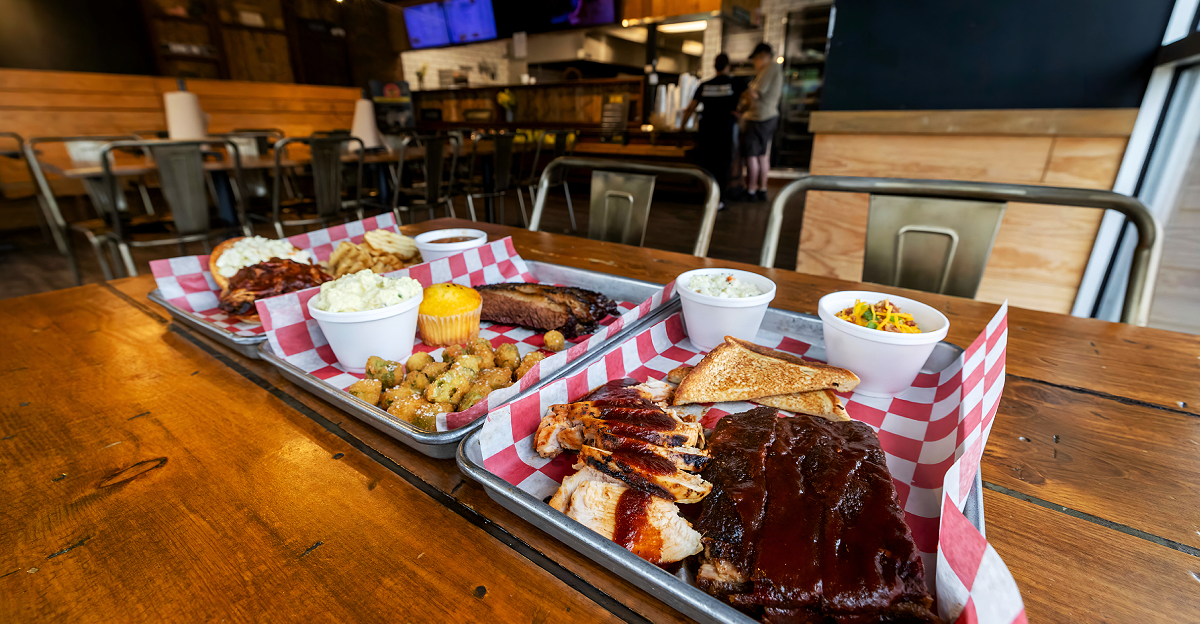
The world’s biggest barbecue restaurant chain is now at the center of a legal dispute. From construction altercations to climbing franchisee accusations, a string of alarming developments has occurred.
What began as a man’s restaurant dream has quickly escalated into pressing questions about the chain’s franchise practices. Is this just a franchise gone bad, or an indication of something else happening behind the scenes?
A Dream, a Deal, and a Barbecue Brand
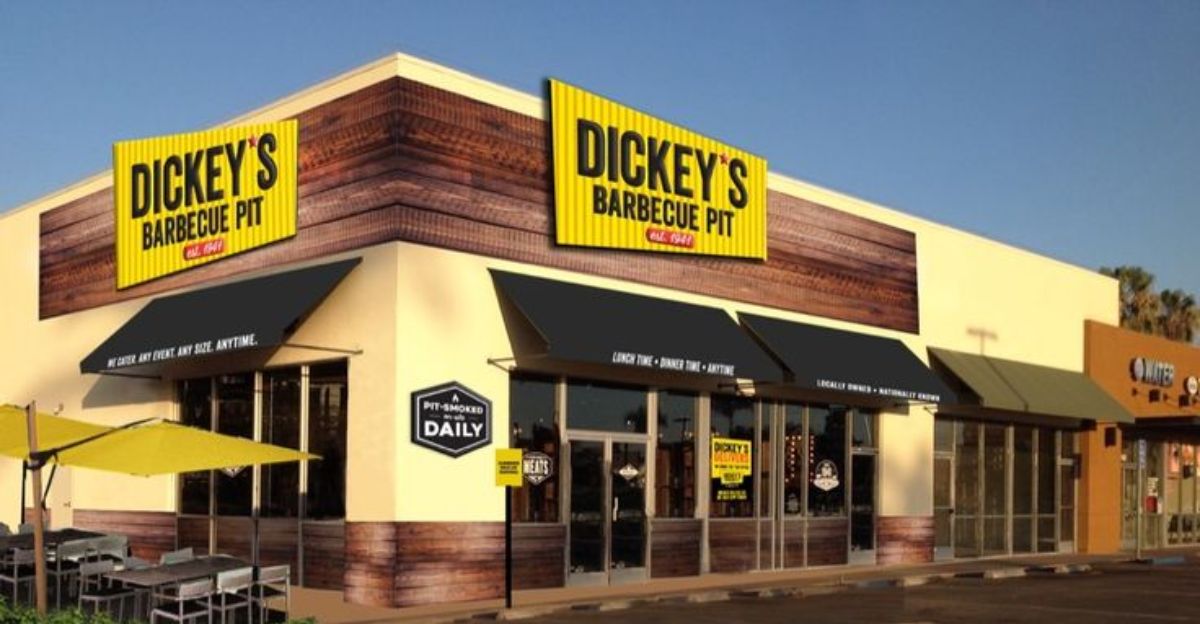
In 2019, Josef Francis Gregory opened a Dickey’s Barbecue Pit franchise in Nassau Bay, Texas. As the biggest barbecue chain in the world, with over 100 locations in Texas alone, Dickey’s seemed solid.
But the dream soon cracked. What followed wasn’t smokehouse success, but financial tension, legal chaos, and a build-out that was never finalized.
Money Flows, But No Barbecue

According to court filings, Gregory invested huge amounts for construction work that was never completed.
The budget went to a construction firm, but Gregory argues the work was not only incomplete but also bad. Now, he’s suing for damages, and pulling back the curtain on a broader issue within the franchise system.
The Lawsuit at a Glance
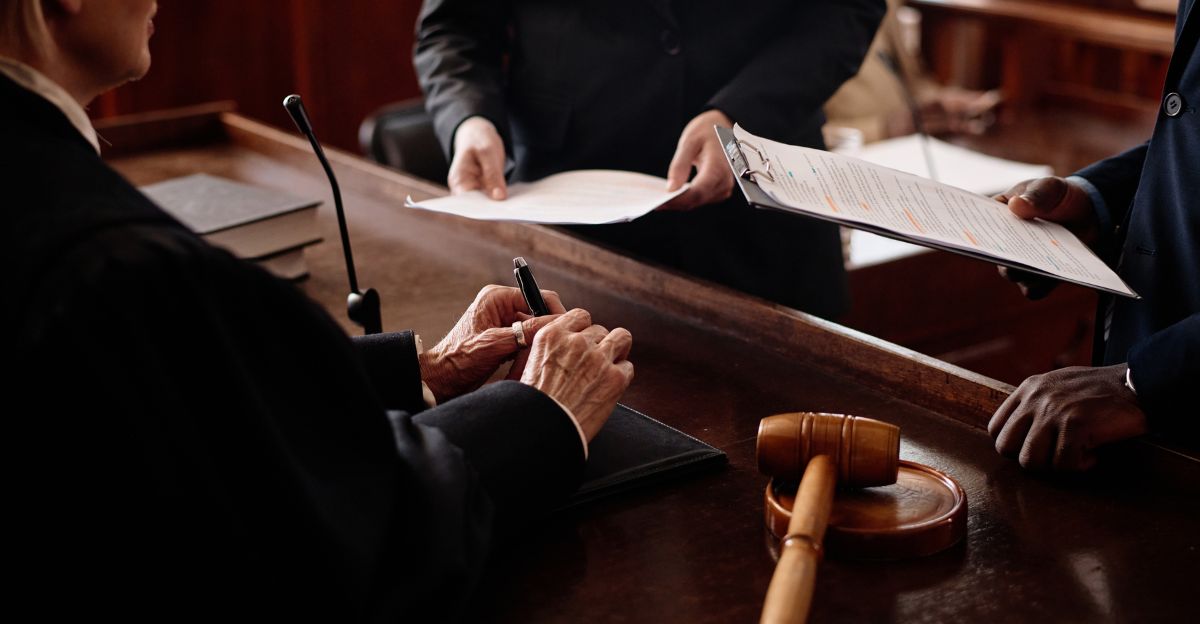
The lawsuit, Filed July 9, 2025, in Harris County Court, alleges serious problems with the construction process. Gregory indicts the construction company of abandoning the project after receiving payment.
The lawsuit presses issues of oversight and approval within the franchise system, contesting whether the company truly supports its franchisees or leads them to experience costly setbacks.
Dickey’s Responds
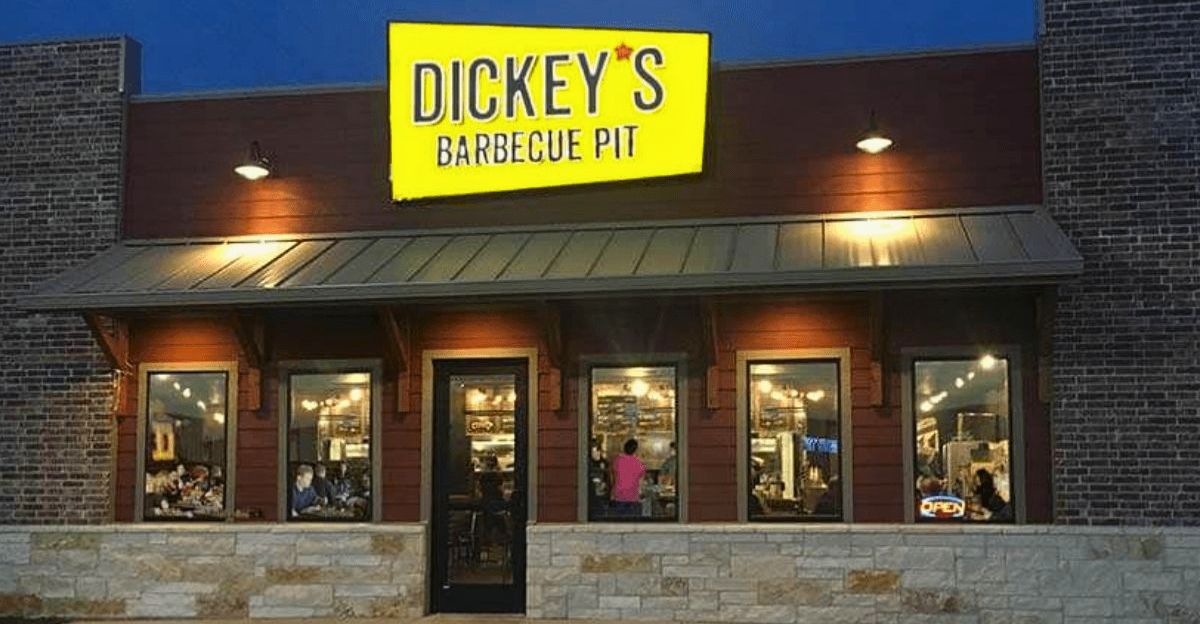
Dickey’s Barbecue Pit has reacted to recent media coverage. The company has questioned reporting and argues that franchisees make their own business decisions. They have stated their intention to address the legal matters through adequate channels.
Questions of Responsibility
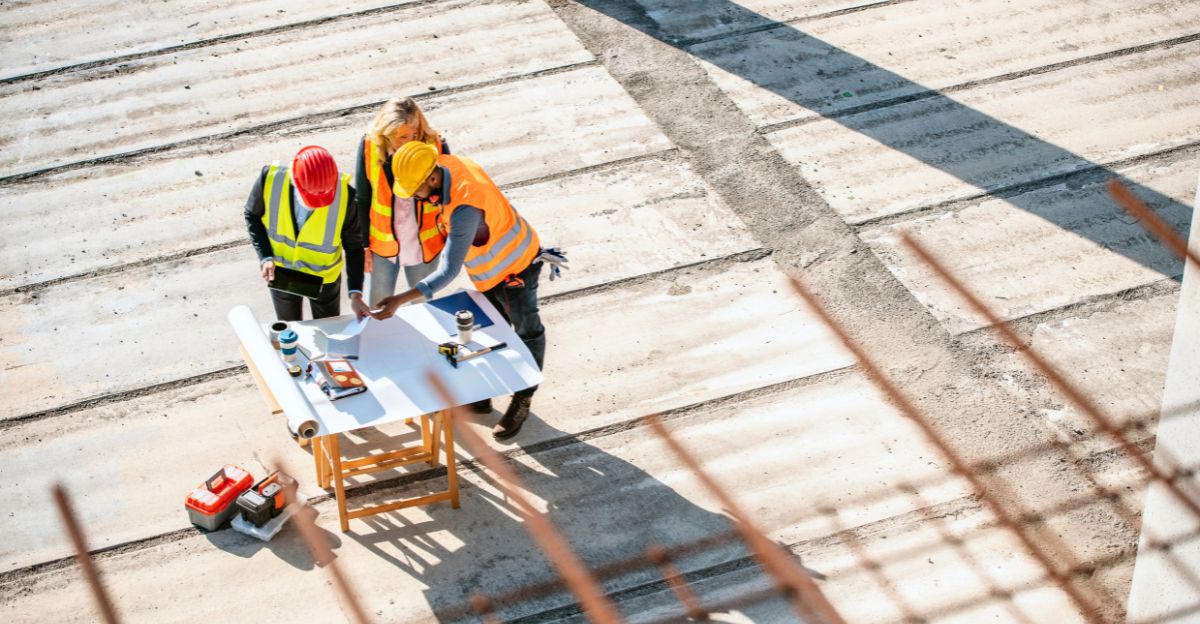
The lawsuit raises vital questions regarding the level of management and support provided to franchisees during building.
While specific contractual details still need to be resolved in court, the case emphasizes the complex relationship between franchisors and franchisees during construction projects.
More Than One Complaint
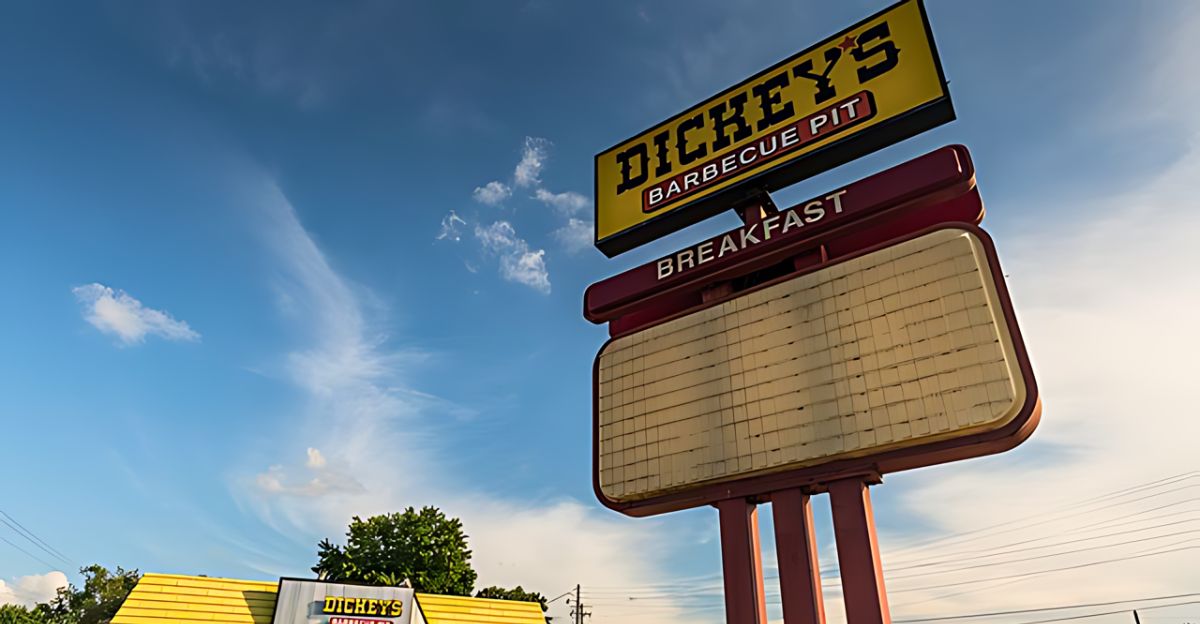
This isn’t a unique case. In June 2025, The New York Times documented that 37 current and former Dickey’s franchise owners raised concerns about their incidents with the chain.
Many people claim they received misleading information about potential earnings or felt they didn’t receive corporate support. Taken together, the reports suggest more general issues within the franchise procedure.
Franchisees Express Concerns

Franchisees told The New York Times they were drawn in by projections that later proved unrealistic. Some reported receiving inaccurate financial information or felt pressured in their enterprise relationships. The recurring theme is a breakdown in trust and contact between the brand and its operators.
Operational Changes
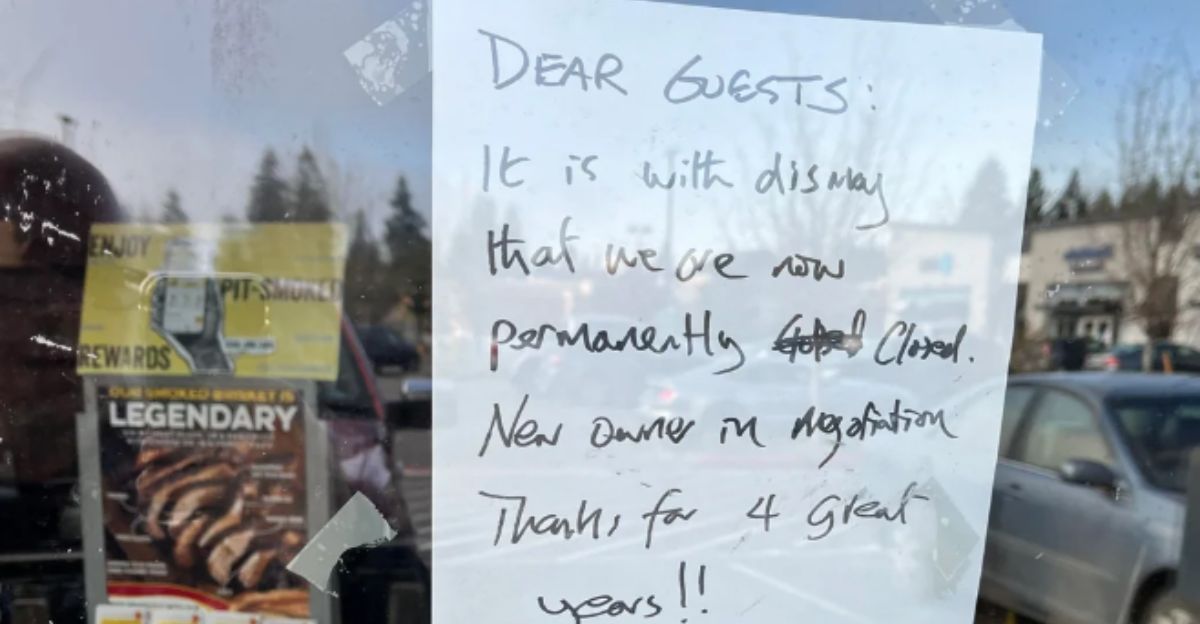
Multiple reports imply that Dickey’s has closed different locations, though the company hasn’t provided clear numbers or detailed explications for all closures.
These changes are reshaping what was once a rapidly expanding chain, whether because of legal disputes, financial setbacks, or franchisee withdrawals.
A Deeply Rooted Brand
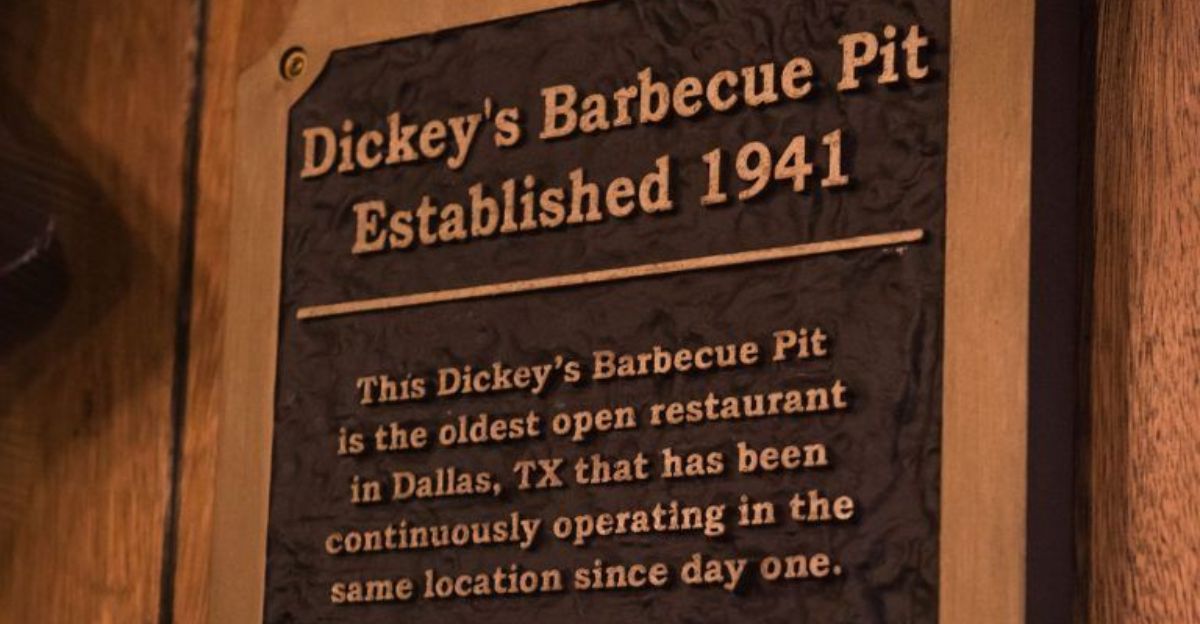
Established in 1941 in Dallas, Dickey’s time became a household name in American barbecue. Recognized for its brisket, pulled pork, and signature sides, the brand developed rapidly through franchising. But as recent events prove, scaling doesn’t guarantee long-term success or satisfaction for everyone involved.
What Went Wrong?

Business experts suggest that franchise standards can fall when there’s misalignment between corporate administration and operators.
If support is lacking, or if expectations aren’t appropriately managed, franchisees can face considerable challenges.
Gregory’s lawsuit highlights a key risk: what happens when the franchise relationship disintegrates during critical phases like construction?
The Legal Road Ahead

The case is moving forward, and no ruling has yet been made. Legal proceedings must decide the truths and responsibilities of all parties involved.
In the meantime, the outcome could influence how future franchise relationships are managed and how responsibility is assigned between brands and their members.
What This Means for the Industry

This situation raises wider concerns about franchising as an industry model, especially when smaller investors take on significant financial risk.
As legal proceedings escalate, other franchise brands will likely be watching. The cases could influence how franchises work and how much oversight franchisors provide.
Questions Continue
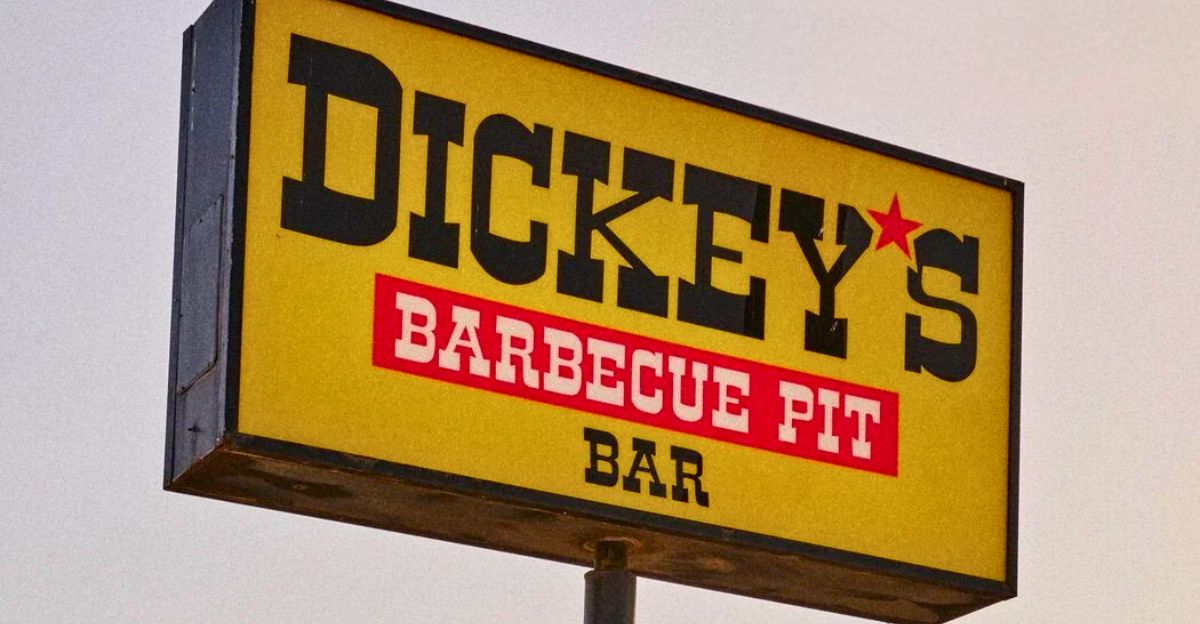
For now, the legal and business questions remain unresolved. One franchise owner’s story has sparked broader scrutiny, revealing potential issues within a global brand’s franchise system.
Whether this leads to changes in franchise practices or just legal settlements, the circumstances highlight the continuous challenges in franchise relationships where substantial investments and expectations are involved.